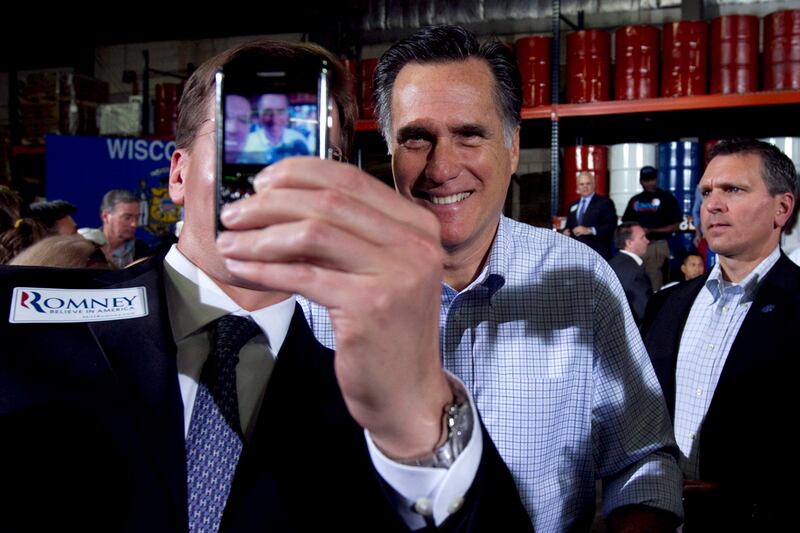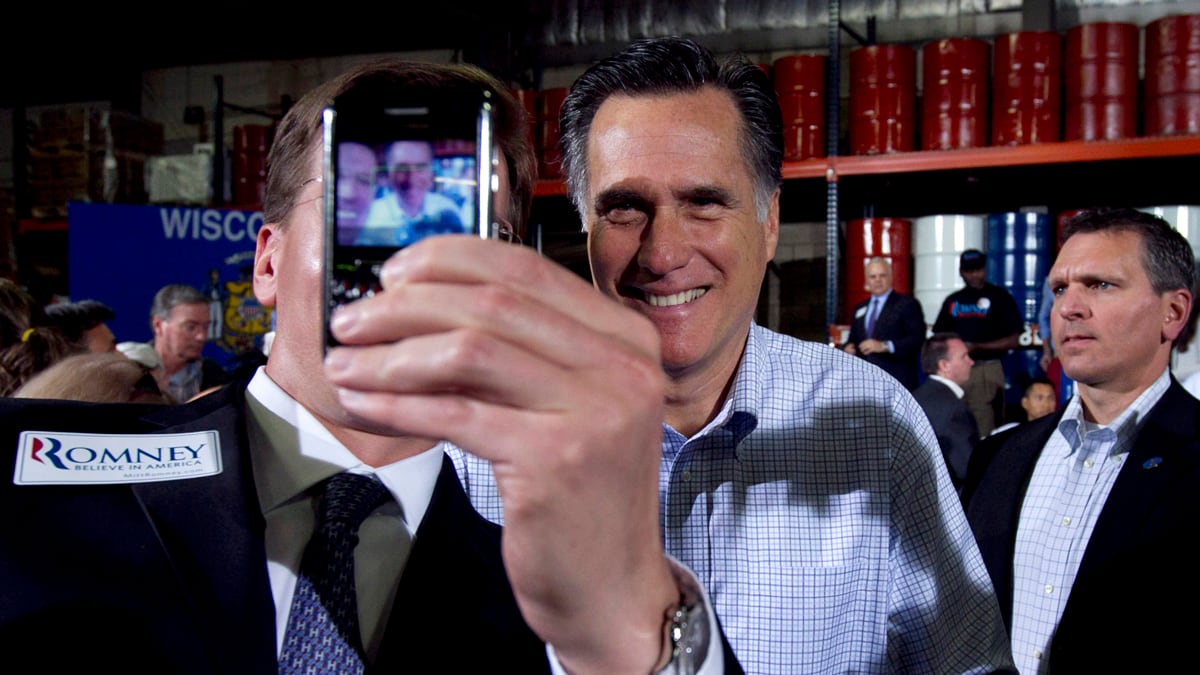Mitt Romney has the GOP nomination all but in hand. As the fault lines emerge for the fall battle with President Obama, Romney has made an issue of what he calls Obama’s “crony capitalism”—criticizing how, on the incumbent’s watch, corporate influences have used government access and set-asides to enrich themselves. If Governor Romney genuinely believes this is a problem, he can show his commitment to rooting it out by at least releasing the names of his campaign bundlers immediately.

Campaign bundlers have become the backbone of modern presidential campaigns. Since direct contributions to presidential campaigns are capped at $5,000 ($2,500 for the primary, another $2,500 for the general election), donors who are highly motivated and want to capture the attention of a candidate can do so by bundling donations from other people. These are often friends, family members, colleagues, clients—just about anyone who will cough up dough for a campaign. Elite bundlers from either political party can raise more than a $1 million for their candidate. Needless to say, bundling is highly appreciated by candidates, who are more than willing to give practitioners signs of their appreciation.
As a candidate, President George W. Bush established a system of bundlers whereby donors could become Bush “Pioneers” by collecting $100,000. Bring in $200,000, and you joined Bush’s “Rangers”; $300,000 made you a “Super Ranger.” During the 2008 campaign, then-Sens. Barack Obama and John McCain also proved adept at developing a bundling system. Obama built an army of 560 bundlers in the 2008 campaign to help him raise money. We knew who these bundlers were because both Obama and McCain voluntarily disclosed their identities. Obama’s bundlers include famous names like movie mogul Harvey Weinstein, along with the less well-known Marc Benioff, who runs Salesforce.com—which is a major government contractor.
Current law requires that candidates reveal only the names of registered lobbyists who are bundlers. That means a lot of players—government contractors, “government strategists” who can act like lobbyists but are not registered lobbyists, and others—avoid detection.
President Obama has chosen again this year to disclose who his bundlers are. Mitt Romney needs to follow suit.
Why does this matter? Because knowing who bundles for a candidate is likely to help voters determine who is going to help any president govern. And personnel is policy. As The Washington Post points out, many Obama bundlers from 2008 ended up with “plum jobs” in his administration. According to the Post report, more than half his biggest fundraisers ($500,000-plus bundled) wound up with jobs in the Obama administration. Nine others were given slots on presidential boards or committees. At least 24 were given ambassadorial appointments.
Very important positions within the administration are slotted with bundlers, including the top law-enforcement official in the country, Attorney General Eric Holder.
Presidents have always placed powerful financial supporters in highly coveted and powerful slots. But the situation seems to be getting worse. “We think that the pendulum has swung a bit too far toward the patronage side of things,” Susan Johnson, president of the Foreign Service Association, said about bundlers becoming ambassadors.
I believe people have a constitutional right to work for a candidate they believe in, whether that means making phone calls or raising money. But the key is transparency. We need to know who these people are.
President Obama did the right thing is disclosing his bundlers. In 2008 he did it under political pressure from Hillary Clinton. Now his campaign has apparently recognized that trying to keep these names secret is just too politically damaging.
Will Mitt Romney follow the same path? Let’s hope so. He seemed tone-deaf when he initially resisted releasing his tax returns. In the modern era, the American people expect transparency as much as possible when it comes to vetting our candidates. Hopefully Romney’s hearing has improved, and he will allow the American people to evaluate who is raising money for him.





